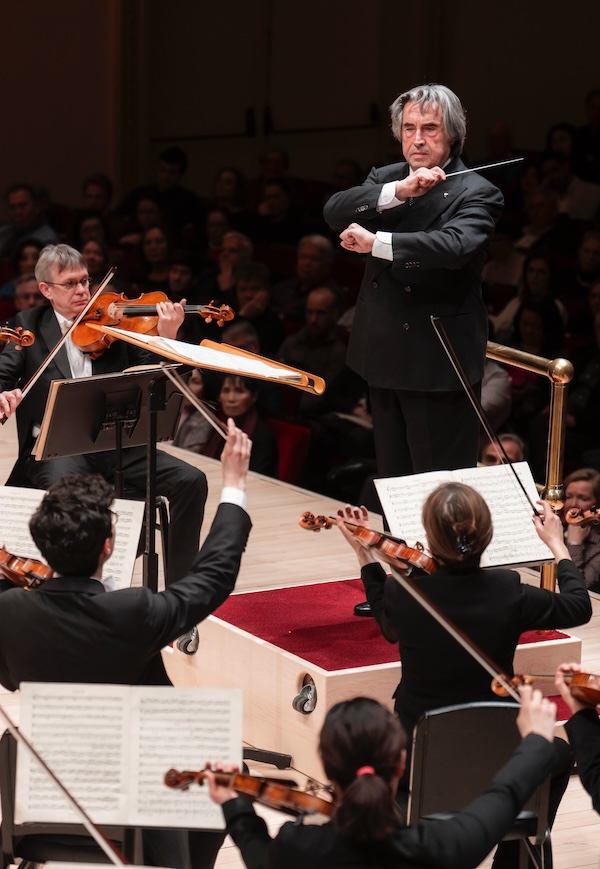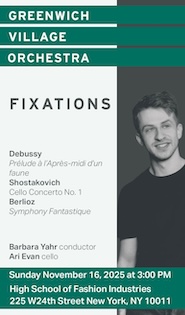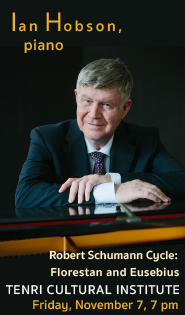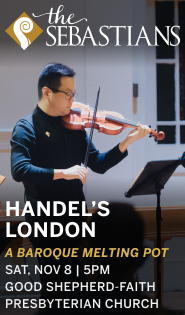Vienna Philharmonic & Muti open Carnegie stand with sluggish Schubert and Bruckner
How much difference, really, does any one conductor make for an orchestra? The New York Philharmonic this season has been led by a rotating cast of visiting conductors, and yet their playing has been consistently sharp, energetic, and flexible; unsatisfactory experiences have been due to interpretive choices, not the quality of musicianship.
And what about the great Vienna Philharmonic? That orchestra does not have a music director, instead the musicians pick a conductor season by season. The effect of this can be followed somewhat through the VPO’s annual visit to Carnegie Hall, led by Franz Welser-Möst last year.
This season’s Vienna weekend opened Friday night, with Riccardo Muti on the podium, This first concert of three had two familiar repertoire works that were part of the orchestra’s history: Schubert’s Symphony No. 4, “Tragic,” and Bruckner’s Seventh Symphony. The music was not just a way to hear what difference Muti might make, but also how the VPO sounds compared to other ensembles.
The results were unexpectedly inconsistent—at times frustrating and others disappointing. There were moments that were gorgeous and thrilling, but many more that were underdone, unsound, or inattentive. And the source of the problems was at the top.
The Vienna players had their typical ravishing sound, warm and full of myriad combinations of timbre and texture. The opening chords of Symphony No. 4 were almost breathed into being, soft at the front but full and glowing. The slow introduction was fine, the problems started when the tempo changed to Allegro vivace. There was a disconnect in pulse and rhythm between the violins and the rest of the orchestra, an issue that returned with each recapitulation. This produced a sluggishness, like the section was weighed down, and a had a strange complacency—everyone, including Muti, seemed relaxed, unconcerned with whatever might be happening, enjoying themselves but not getting it right.
This sluggish complacency continued through the rest of the symphony. The Andante had only a little life, and it was hard to hear the Menuetto as any kind of dance music, it was so leaden. The Allegro had a little more spirit, and the mood was amiable throughout, the orchestral sound lovely, especially the double reeds. But overall this performance was just not up to this orchestra’s standard.
The playing in the Bruckner symphony felt more attentive throughout, but there were some critically poor decisions from the conductor. The biggest problem was the Celibidache-esque tempos: the opening Allegro moderato was dangerously close to an Adagio, and the actual Adagio movement was thus not much slower. This demolished most of the essential formal and expressive contrasts between the two movements, and it took a very long and draining time to get through.
Unlike Celibadache, Muti never generated consistent tension with these tempos. The long phrases tended to die out without ever feeling fully connected to a larger structure; there were several awkward transitions, and the buildup to the moment of great crisis in the opening movement felt inorganic. The grandest moments, the loudest and most expansive ones were visceral and satisfying, as if they were the ones that caught the conductor’s attention; the rest was gently careless.
The best of the quiet, subtle music came through the brass, especially the Wagner tubas. That section’s playing was deeply beautiful throughout, and at the close of the Adagio was gorgeous, like honey flowing and burning with cold fire.
The third and final movements were better, perhaps their tempos and volume propelling conductor and musicians into a more directed order, but they were also rather blunt. In the closing pages, the orchestra’s near frenetic energy and blend and control of sound was virtuosic, and these were fine moments. But considering the stature of both orchestra and conductor, this was a disappointing night at Carnegie.
Riccardo Muti leads the Vienna Philharmonic in music by Catalani, Stravinsky, and Schubert, 8 p.m. Saturday, and Mozart and Dvořák, 2 p.m. Sunday. carnegiehall.org









Posted Mar 01, 2025 at 6:38 pm by John Kelly
Unfortunately I tend to agree with Mr Grella here. I also.found the Schubert soporific, though beautifully played. I kept thinking to myself “Now I know why this is hardly ever done.”
The Bruckner sounded magnificent and while It was generally a bit slower than you often hear, it wasn’t Celibidache slow really. Yet the reviewer puts his finger on what was hampering this listeners experience: the first moment was frustratingly amorphous, and.it does need to be pushed along more. Manfred Honeck’s recent recording is a perfect example of how it should be done. Mr Muti conducts a few Bruckner symphonies but not all. Somehow this performance fell short of those I have heard live, namely Jochum with this orchestra and Giulini.
Posted Mar 01, 2025 at 10:55 pm by Paul Krawitz
The Vienna Philharmonic is normally my favorite. Especially the strings which hum and vibrate with a texture that other orchestras failed to achieve.
But this weekend, at both concerts, the Orchestra failed to inspire. And reluctantly, I too came to the conclusion that the problem was Riccardo Muti. With the exception of the difficult Stravinsky on Saturday night, which alternated between complex rhythms and dissonant chords, the other pieces revealed the strings to be sloppy during moving moments, the brass muddied, and the overall play uninspired.
Posted Mar 02, 2025 at 12:19 am by Esther s
I could not have agreed more with this review. I was so severely disappointed in the tempo choices of the maestro for the Bruckner first and second movement. I was so looking forward to it…